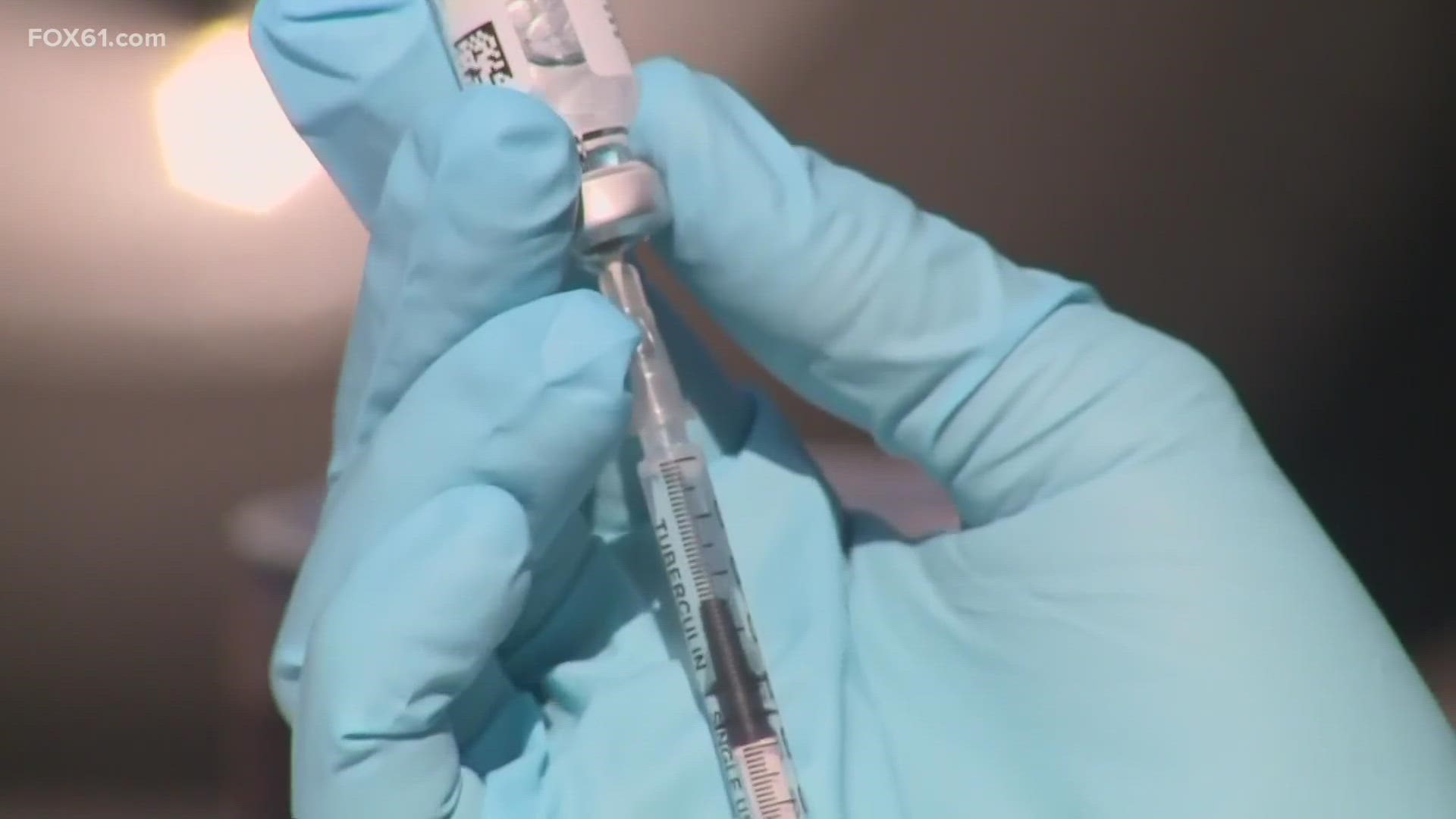CONNECTICUT, USA — Nearly three years after the COVID-19 pandemic took over our daily lives there is an end in sight to the national and public health emergencies.
"It’s good news. If you remember in the midst of the pandemic you thought you’d never hear these words that there’s an end to the emergency," said State Sen. Saud Anwar, co-chair of the public health committee.
President Joe Biden announced that he will end the emergency on May 11. The full scope of what this will mean is still unknown but essentially this will change the way the federal government responds to COVID-19, treating it as endemic. That means there are some changes that people will have to prepare for. Including some out-of-pocket costs.
"The testing is no longer going to be as easily accessible, the anti-virals you’ll have to pay for. So some of those things would cause people to be concerned that we don’t have the support that the federal government was providing at that time," Anwar said.
While testing, treatment and vaccinations will no longer be free, those with private insurance, Medicare or Medicaid likely won’t have to pay for all of it on their own.
"We also need to know how much of this insurance will be covering. Because at some times insurance doesn’t cover and that’s somewhat of unknown and we want to make sure that insurance companies will take care of the patients who will get the infection," Anwar said.
Making the changes a larger concern for those who are uninsured.
For example, when it comes to vaccines, Pfizer announced it will charge $110 to $130 per dose. This means organizations here in Connecticut are already trying to get the word out.
"They’re using trusted messengers within the community so they can understand what are the implications with the changes that are happening now that the emergency is going to be lifted," said Ayesha Clarke, interim executive director of Health Equity Solutions.
Health Equity Solutions said similar to letting people know about testing or vaccines that involves going into the most-impacted communities.
"We have to use different mechanisms. We’ve learned that from covid. We can’t just put things on the news, we can’t just share things on the radio. We have to have information, either it’s coming door to door, bringing it to our churches, bringing it to our barbershops, bringing it to our hair salons," Clarke said.
One change that is coming even sooner, starting April 1st, states can start disenrolling people from Medicaid, potentially leaving them with coverage. Advocates say that is an even larger concern.
Gaby Molina is a reporter and anchor at FOX61 News. She can be reached at mmolina@fox61.com. Follow her on Facebook, Twitter and Instagram.
---
Have a story idea or something on your mind you want to share? We want to hear from you! Email us at newstips@fox61.com
----
HERE ARE MORE WAYS TO GET FOX61 NEWS
Download the FOX61 News APP
iTunes: Click here to download
Google Play: Click here to download
Stream Live on ROKU: Add the channel from the ROKU store or by searching FOX61.
Steam Live on FIRE TV: Search ‘FOX61’ and click ‘Get’ to download.

